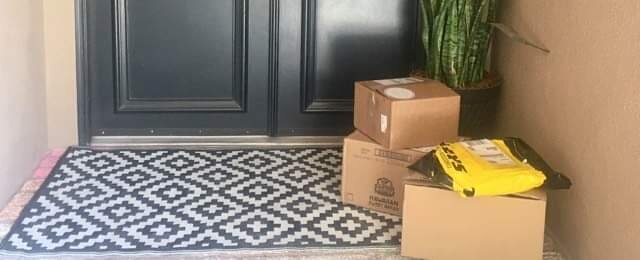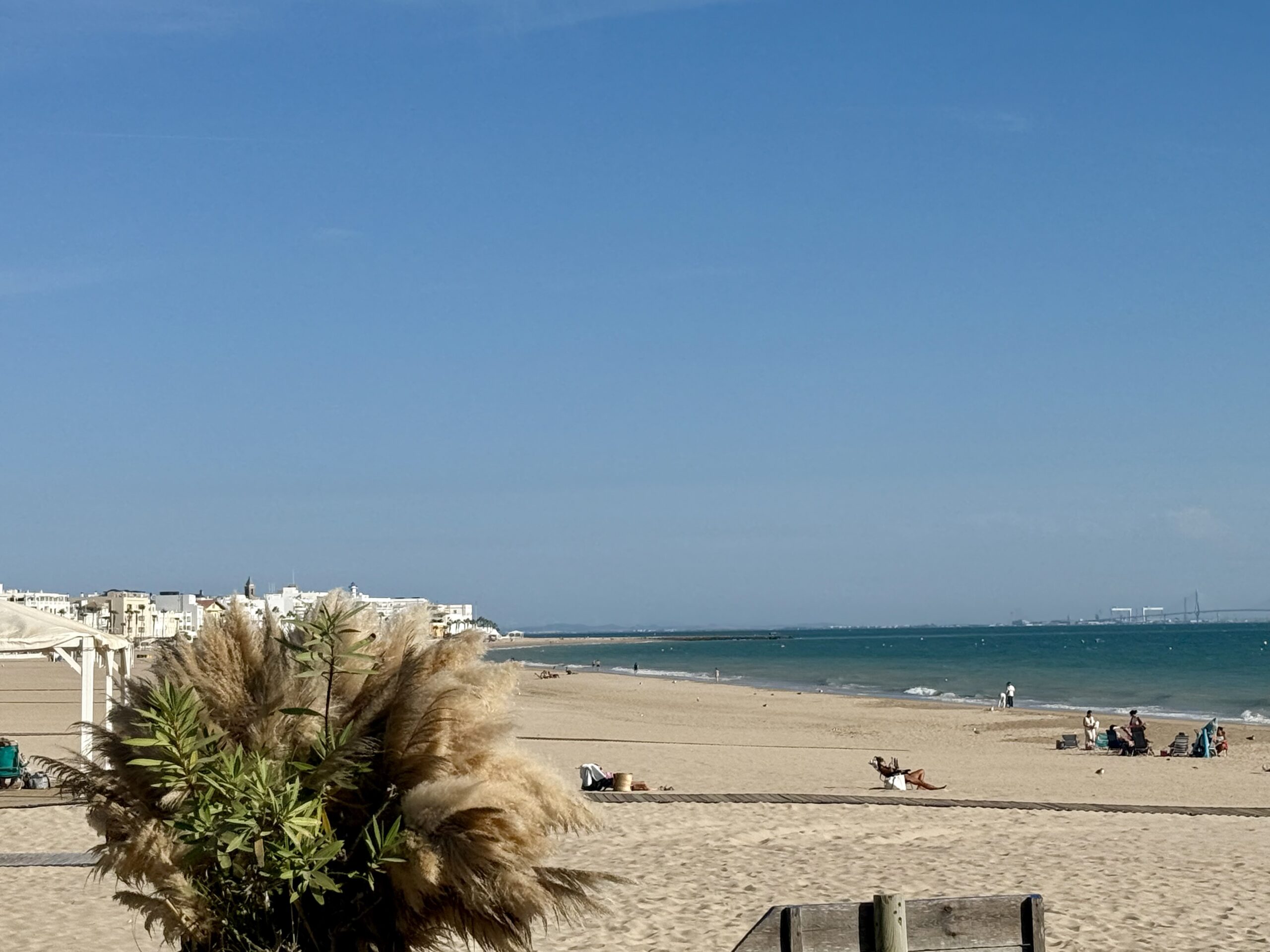
War of the world
May 11, 2020
One positive of the coronavirus quarantine is knowing that your spouse’s sudden preoccupation with the UPS guy is merely the result of increased online shopping. I’ve been struck by how many things we’re finding we need to buy, now that we can have it delivered instead of fighting traffic and mall crowds. And, yes, I understand that there are people who enjoy the bustle and interaction of traffic and crowds, especially after weeks of not being around them.
But this abrupt interruption of our normal routines in modern life is an opportunity to think about things like the human footprint on the planet, for instance. Don’t cringe. I’m not about to unfurl my enviro rant here. Okay, maybe a little. Maybe…well, let’s just see.
The most measurable aspect of the human footprint is how much carbon is stuck to its heel. The benefits of stay-at-home orders and recommendations have immediately been observed in clearer air, especially around our urban centers. But there’s more to us as humans than how much carbon doo-doo we’ve stepped in. Or maybe it should be there’s more of us.
Clearly, a non-social introvert like me is going to come down hard on population. But it just seems that if we look at humanity simply as the most invasive species to ever hit the planet, we might develop a different perspective on our environmental impact. And no, I’m not advocating population control, or any other eco-nazi “solution” implied in that. I believe seven, 10, 20 or even 40 billion people can live on this planet. It’s a question of how we live. Think oysters – or zebra muscles – rather than ants or bees.
Stay-at-home is cramping modern life, but it’s proving to be far less polluting for us as a species. Is it possible that we learn from this forced experience, and carry some of it over when we return to normal life? What if one day in the near future we realized we were at the brink of planetary collapse, and we had to do drastic things immediately to stave off annihilation. What would we do?
“The most measurable aspect of the human footprint is how much carbon is stuck to its heel.”
We’d have to stop all economic and social activity that was contributing to the planet’s imminent demise. Crash the economy and our whole way of life. And continue that cessation for decades. In other words, a heck of a lot more than we’ve done for coronavirus over just the past couple of months. And look at how fractious and crumbling our resolve over Covid-19 is after only those couple of months. It doesn’t paint a rosy picture of a successful approach to reversing climate change on the horizon, does it?
So the only sensible solution is to deny climate change the way we’re starting to deny coronavirus. The cure is worse than the disease; we have to destroy the habitable planet in order to save it. It’s not dystopian. It’s simply being realistic. And it might not be all bad.
Without human activity, the planet might just heal itself in time. Already the world’s critters are showing up in places emptied by the lockdown to have a look around. No doubt feeling safe without human predators and their eradication programs threatening them anymore.
It won’t be easy on that last group of humans who’ll be facing extinction, though. But they will have learned by then that once, for the sake of an economy, people did have to die. They’ll accept their fate heroically. After all, they are warriors.



Be the first to comment